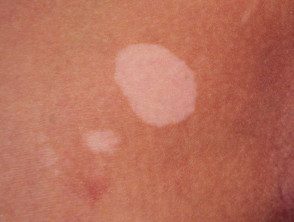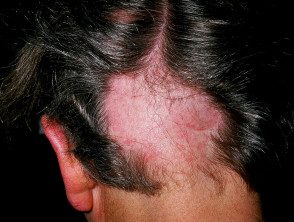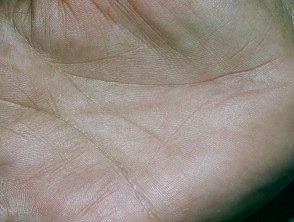What is it autoimmune polyglandular syndrome Type 1?
Autoimmune polyglandular syndrome type 1 (APS1) is an autoimmune condition that causes multiple insufficiencies endocrine glands It is also known as autoimmune polyendocrine syndrome type 1, polyendocrinopathy-candidiasis.ectodermal dystrophy (APECED), Whitaker syndrome, and candidiasis-hypoparathyroidism-Addison's disease syndrome, among its many other names.
APS1 was first described by Dr. Thomas Addison in the 19th century.
Who gets autoimmune polyglandular syndrome type 1?
APS1 is inherited, and women and girls are slightly more likely to develop the syndrome than men and boys. It occurs more frequently in particular ethnic populations due to consanguinity or the grouping of descendants of a common family founder. It's more predominant in:
- Iranian Jews (1 in 9,000)
- Sardinians (1 in 14,400)
- Finns (1 in 25,000).
APS1 is rare in other populations.
What causes autoimmune polyglandular syndrome type 1?
APS1 is caused by gene mutations in the autoimmune regulatory gene, AIR, in chromosome 21q22. It is inherited in a autosomal recessive pattern (two copies of an abnormal gene must be present for the syndrome to develop). These genetic mutations lead to autoantibodies and cause chronic inflammatory cell infiltrators in the affected organs
What are the clinical characteristics of autoimmune polyglandular syndrome type 1?
Symptoms appear most frequently in children aged 3 to 5 years, with most cases of APS1 appearing in early adolescence, and all cases by the time an individual is in their 30s.
APS1 is based on three main clinical characteristics:
- Mucocutaneous candidiasis that affects the skin and mucous membranes
- Hypoparathyroidism, which causes numbness and tingling in the face and extremities, muscle cramps and pain, weakness and fatigue due to low levels of circulating calcium.
-
Addison's disease, an insufficiency of the adrenal glands, which presents with skin changes. pigmentation, loss of appetite and weight loss, fatigue, low blood pressure and fatigue.
While less common, other possible features of this syndrome may include:
- Hypogonadotropic hypogonadism
- Pernicious anemia
- Chronic active hepatitis
- Asplenia
- Keratoconjunctivitis
- Interstitial nephritis
-
Diabetes mellitus type 1
- Cholelithiasis
- Alopecia areata
- Malabsorption
-
Vitiligo
Skin signs of APS type 1

Vitiligo

Alopecia areata

Addison's disease
How is autoimmune polyglandular syndrome type 1 diagnosed?
If an individual has evidence of more than one endocrine deficiency, further testing may be done to confirm autoimmune polyglandular syndrome type 1 (APS1), including:
- A serum autoimmune screen
- End organ function tests.
Possible additional blood tests may include tests for testosteroneestradiol folliclestimulating hormone (FSH), luteinizing hormone (LH), prolactin, adrenocorticotropic hormone (ACTH), plasma renin activity, electrolyte levels, and a complete blood count.
Swabs and skin scrapings may be taken to detect Candida albicans.
How is autoimmune polyglandular syndrome type 1 treated?
The treatment of APS1 will depend on its specific characteristics.
-
Mucocutaneous candidiasis is treated with oral antifungal agents, such as fluconazole or itraconazole.
- Hypoparathyroidism is treated with a combination of oral calcium and vitamin D (usually calcitriol).
-
Addison's disease is treated with oral corticosteroids and mineralosteroids. Adrenal gland transplants may also be indicated.
What is the outcome of autoimmune polyglandular syndrome type 1?
the forecast for APS1 it is variable. Survival rates have greatly improved since the 1970s.
